By Python convention, all mutating functions return None. Nonmutating functions return the new value. insert is a mutating function (changes the object it operates on), so it returns None; you then assign it to c.
In fact, there is no way to do this in one statement in current Python. In the future (almost certainly in Python 3.8), there is a proposal for a walrus operator that will allow you to shorten this:
(c := ['545646', 'text_item', '151561']).insert(1, '555')
though I believe Pythonistas will frown on it :)
EDIT: With the question in the comments, how to do an insert as an expression? The easiest way is to define another function; for example:
def insert_and_return_list(lst, pos, val):
lst.insert(pos, val)
return lst
c = insert_and_return_list(['545646', 'text_item', '151561'], 1, '555')
You could also avoid insert altogether, and use slices and splats:
[*lst[:1], '555', *lst[2:]]
